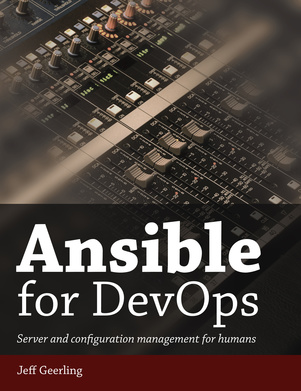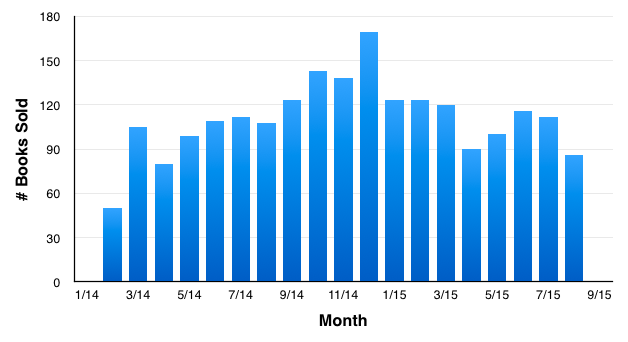Self-Publish, don't write for a Publisher
I'm not a writer. I'm a software developer who communicates well. Because I'm a developer and software architect, I spend time evaluating solutions to find the best one. There are often multiple good options, but I try to pick the best among them.
When I chose to write a book two years ago, I evaluated whether to self-publish or seek out a publisher. I spent a lot of time evaluating my options, and chose the self-publishing route.
Because I'm asked about this a lot, I decided to summarize my reasons in a blog post, both to posit why self-publishing is almost always the right option for a beginning author, and to challenge publishers to convince me I'm wrong.





